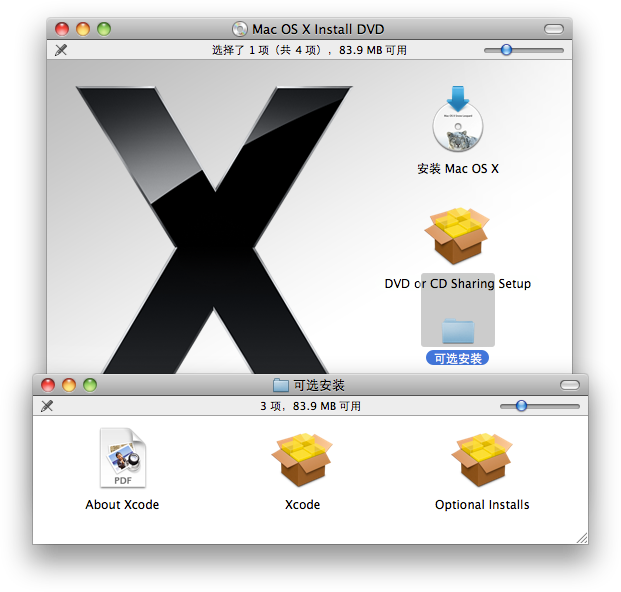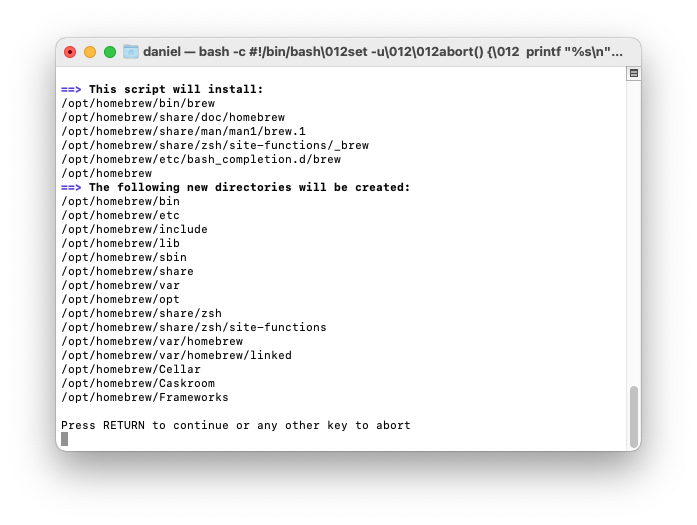
- XCODE COMMAND LINE TOOLS INSTALL HOW TO
- XCODE COMMAND LINE TOOLS INSTALL INSTALL
- XCODE COMMAND LINE TOOLS INSTALL LICENSE
TERMS AND CONDITIONS FOR USE, REPRODUCTION, AND DISTRIBUTION Original AuthorĪntti Pettinen at Tampere University of Technology.
XCODE COMMAND LINE TOOLS INSTALL LICENSE
See the License for the specific language governing permissions and WITHOUT WARRANTIES OR CONDITIONS OF ANY KIND, either express or implied. Unless required by applicable law or agreed to in writing, softwareĭistributed under the License is distributed on an "AS IS" BASIS, You may not use this file except in compliance with the License. Licensed under the Apache License, Version 2.0 (the "License")

Original work Copyright 2016 Tampere University of Technology DevelopmentĬontributions and pull requests are welcome. This module is tested with Puppet 4 and might not work on older versions. This module will not work on older OS X versions. Requires OS X version to be newer than 10.9 Mavericks.
XCODE COMMAND LINE TOOLS INSTALL HOW TO
If you don't know how to configure it, don't worry, the Apple defaults will work just fine. Requires Apple SUS to be configured properly. Additionally, the module introduces the following new facts:
XCODE COMMAND LINE TOOLS INSTALL INSTALL
This module will install XCode Command Line Tools. Xcode CLI tools are expected to be found via pkgutil and Xcode is expected to be found in specified location (defaulting to standard /Applications/Xcode). If no Xcode installation or Xcode Command Line Tools installation is found, the module proceeds with installation. Idempotency is satisfied via a custom fact, which provides information of existing Xcode and Xcode Command Line Tools installation. Works with Puppet >= 4.x and OS X >= 10.9. This module installs Xcode Command Line Tools. Development - Guide for contributing to the module.Reference - An under-the-hood peek at what the module is doing and how.Usage - Configuration options and additional functionality.Setup - The basics of getting started with XcodeCLI.Applications/Xcode.app/Contents/DeveloperĬonfigured with: -prefix=/Applications/Xcode.app/Contents/Developer/usr -with-gxx-include-dir=/usr/include/c++/4.2.1Īpple LLVM version 6.1.0 (clang-602.0.49) (based on LLVM 3.6.0svn)Īpple LLVM version 6.1.0 (clang-602.0.49) (based on LLVM 3.6. I'm answering against the more recent version (where the tools actually are in the Xcode.app pkg), but I'm pretty sure that if the path & output returned by xcode-select -p, gcc -v, and llvm-gcc -v/clang -v are harmonious then they should be the same, i.e. So when you know for sure the commandline tools are installed (because, for instance, xcode-select -install tells you so) but none of the other methods works, check softwareupdate -history!įor modern versions of xcode the command xcode-select -version will display the version number of command line tools, whether or not Xcode.app is installed. Display Name Version DateĬommand Line Tools for Xcode 12.1, 22:38:33Ĭommand Line Tools for Xcode 12.3, 16:38:27 Which listed 12.3 as the last version it updated. How I finally found out what version of the XCode Commandline Tools is installed I stumbled upon the command: softwareupdate -history However I knew that my version must be out of date as the installer for one of homebrew packages told me so! Softwareupdate -list told me everything was up to date. Xcode-select -version only gave me the version of xcode-select itself, with no clue as to the commandline tools version.

Not having XCode installed (and having no need for it), I could not look in settings dialogs of that either. pkgutil didn't give me the package of the XCode Commandline Tools, with none of the suggested package names. None of the available answers to get the version worked.

I had XCode Commandline Tools installed for sure, but not XCode itself.


 0 kommentar(er)
0 kommentar(er)
